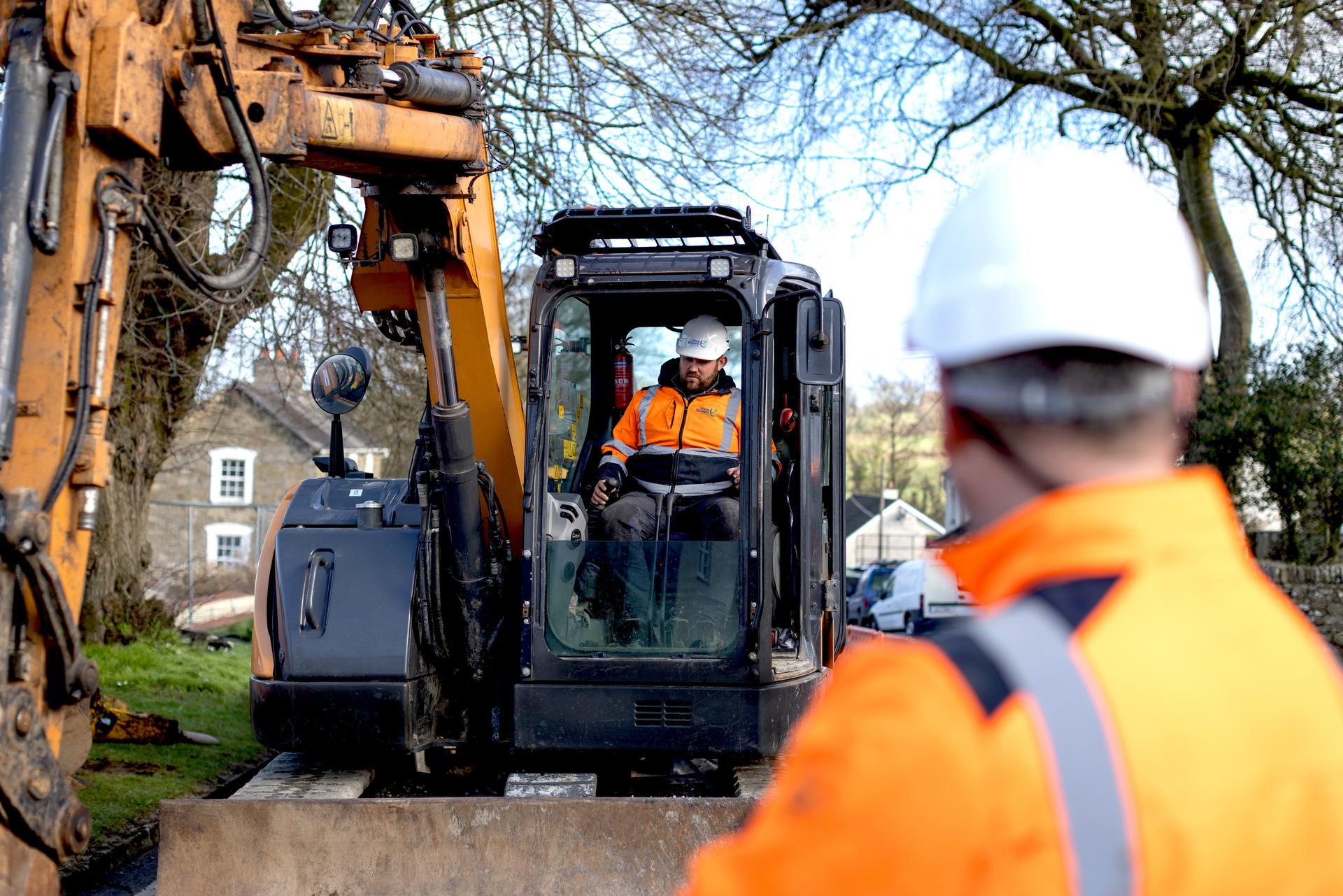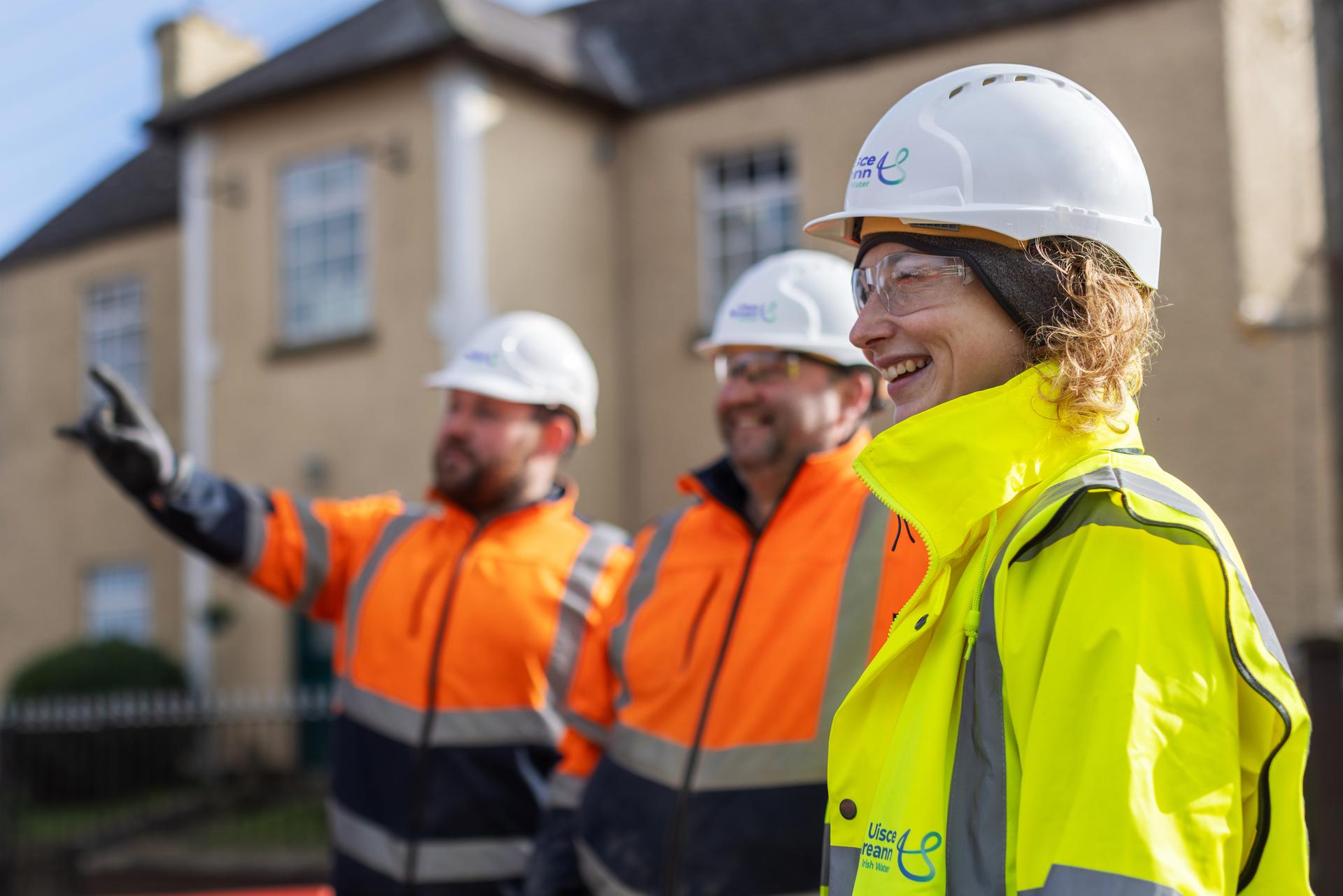Innovation at Uisce Éireann
We are driving innovation in the water sector within our own organisation and through collaboration with third parties, including our supply chain, Research Providing Organisations and Industry.
We want to achieve a culture of innovation and collaboration in the water services sector to enable a sustainable future for Ireland.
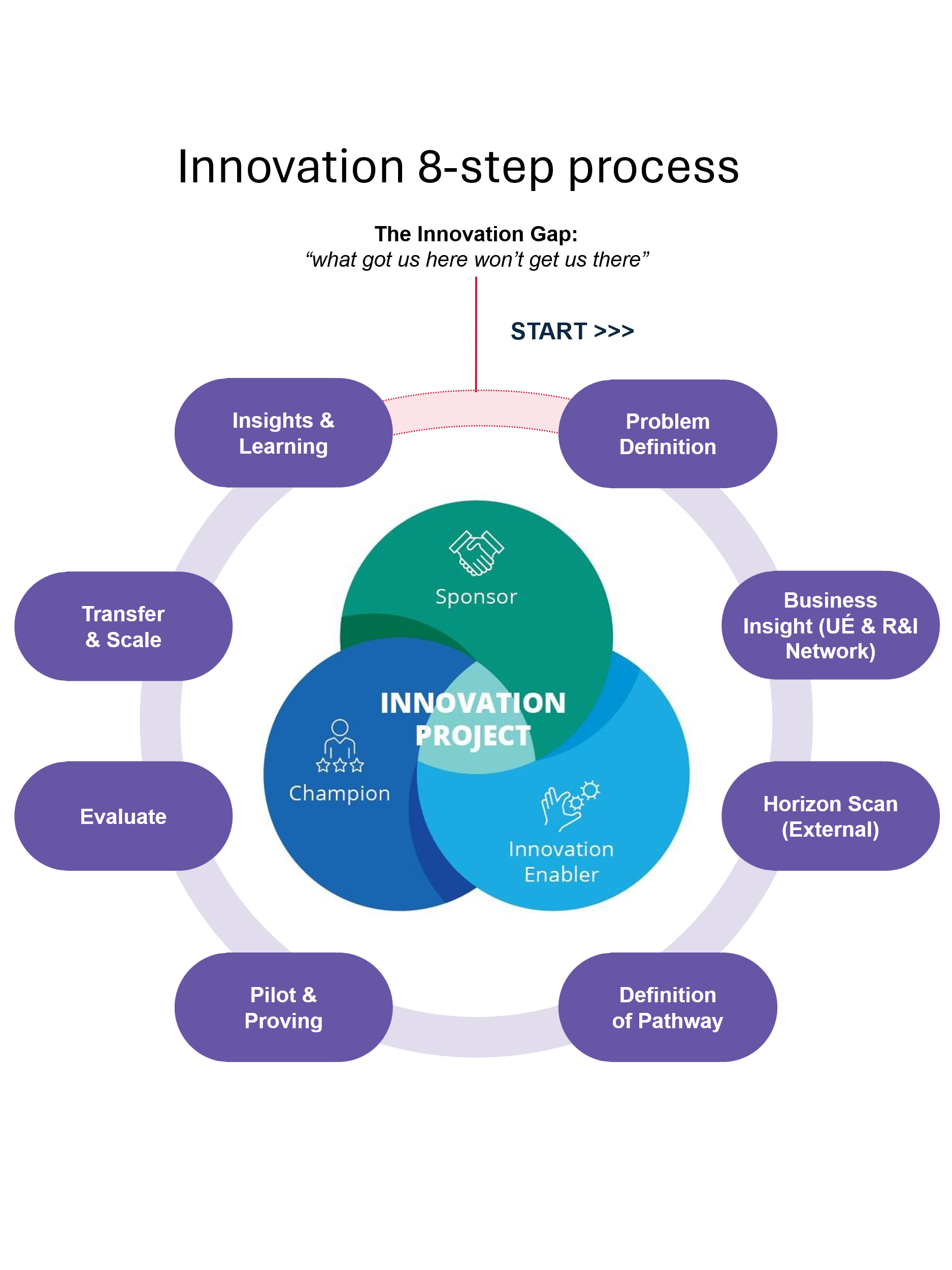
Uisce Éireann innovation process diagram
Innovating with Uisce Éireann
If you have an innovative solution that you think will benefit Uisce Éireann and help us to achieve our strategic objectives, we want to hear from you. Please share your solution with us via the form here.
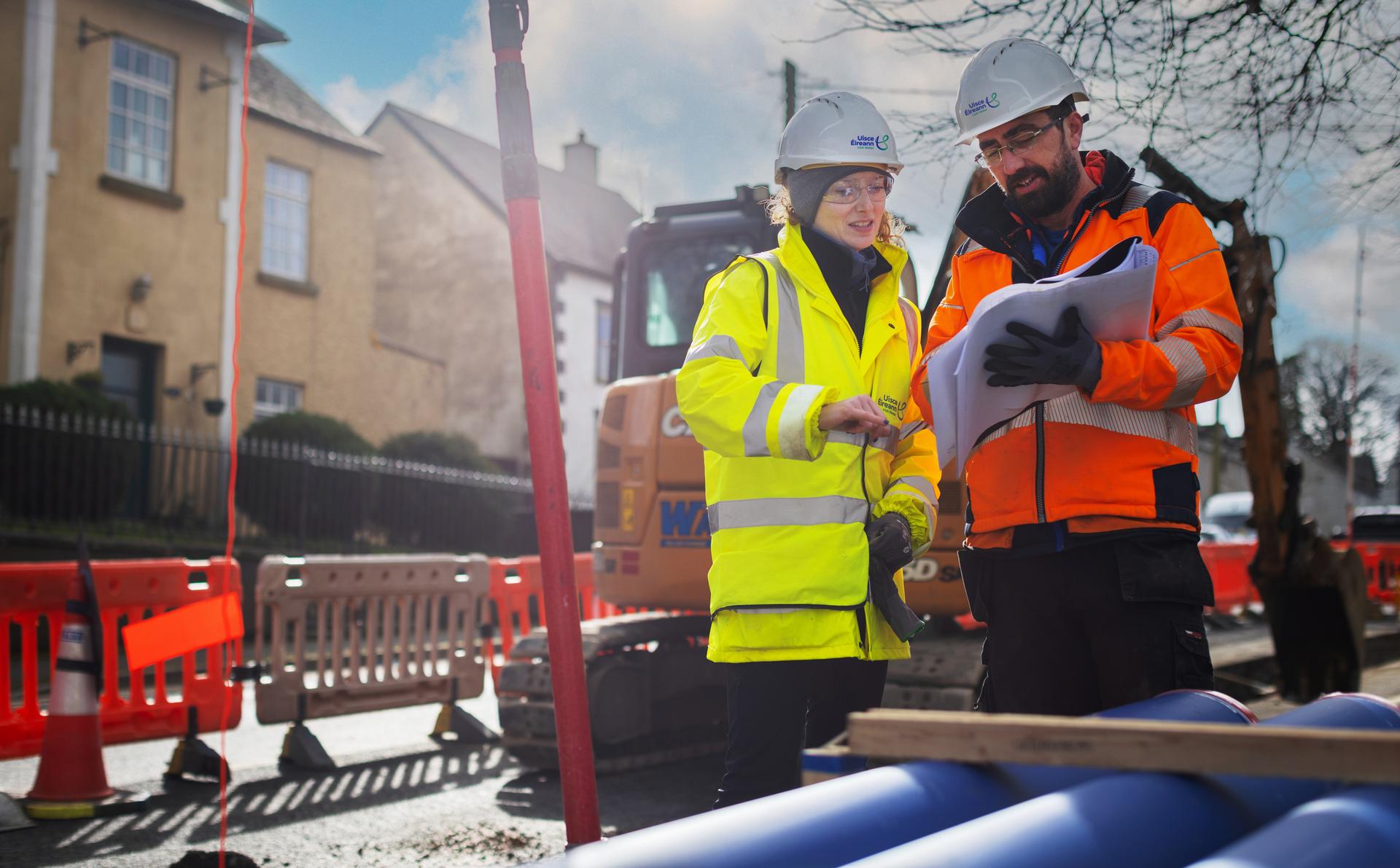
Standards and Specifications
Continuously improving and updating our standards and specifications can serve as a platform for sharing best practices and innovation in sustainability. This knowledge exchange can accelerate the adoption of effective solutions across Uisce Éireann.
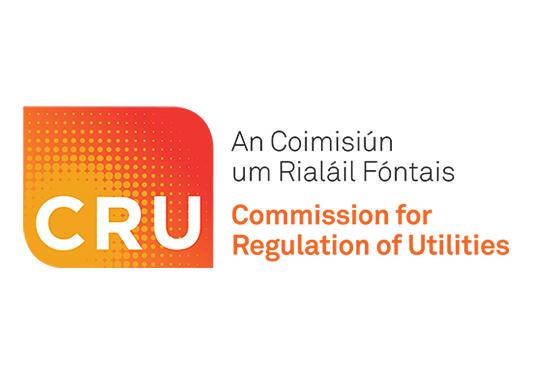
The Water Services Innovation Fund
The Water Services Innovation Fund allows Uisce Éireann to invest in innovative projects designed to deliver benefits for customers.
The Water Services Innovation Fund was created with the Commission for the Regulation of Utilities and enables Uisce Éireann to invest funding in innovative projects and explore novel technologies and operating arrangements that are designed to deliver benefits for customers.
Project objectives
These innovative projects must be designed to match at least one of the following objectives:
Our innovation ambition
Our innovation ambition is underpinned by the Government's Water Services Policy Statement. This sets out key principles and policy objectives across the key thematic areas of quality, conservation and futureproofing between now and 2025.
